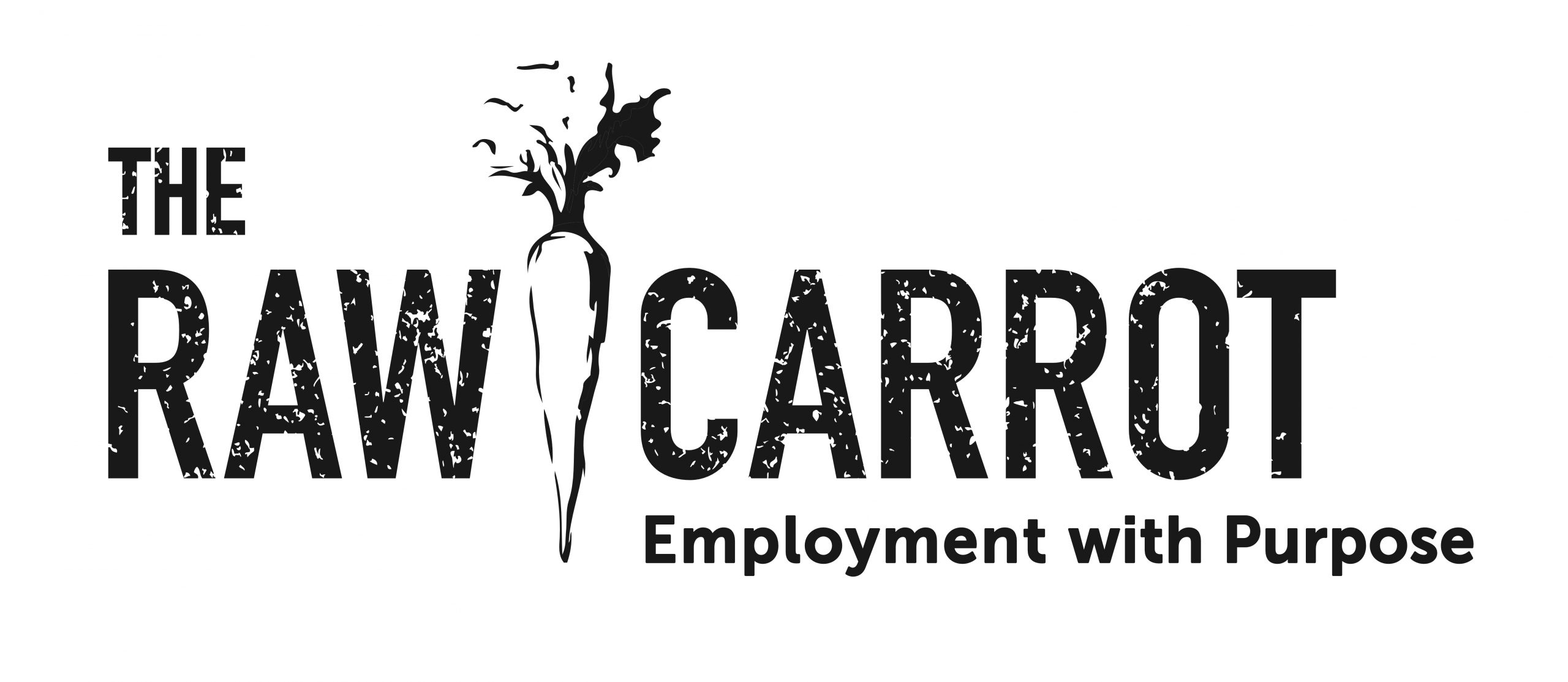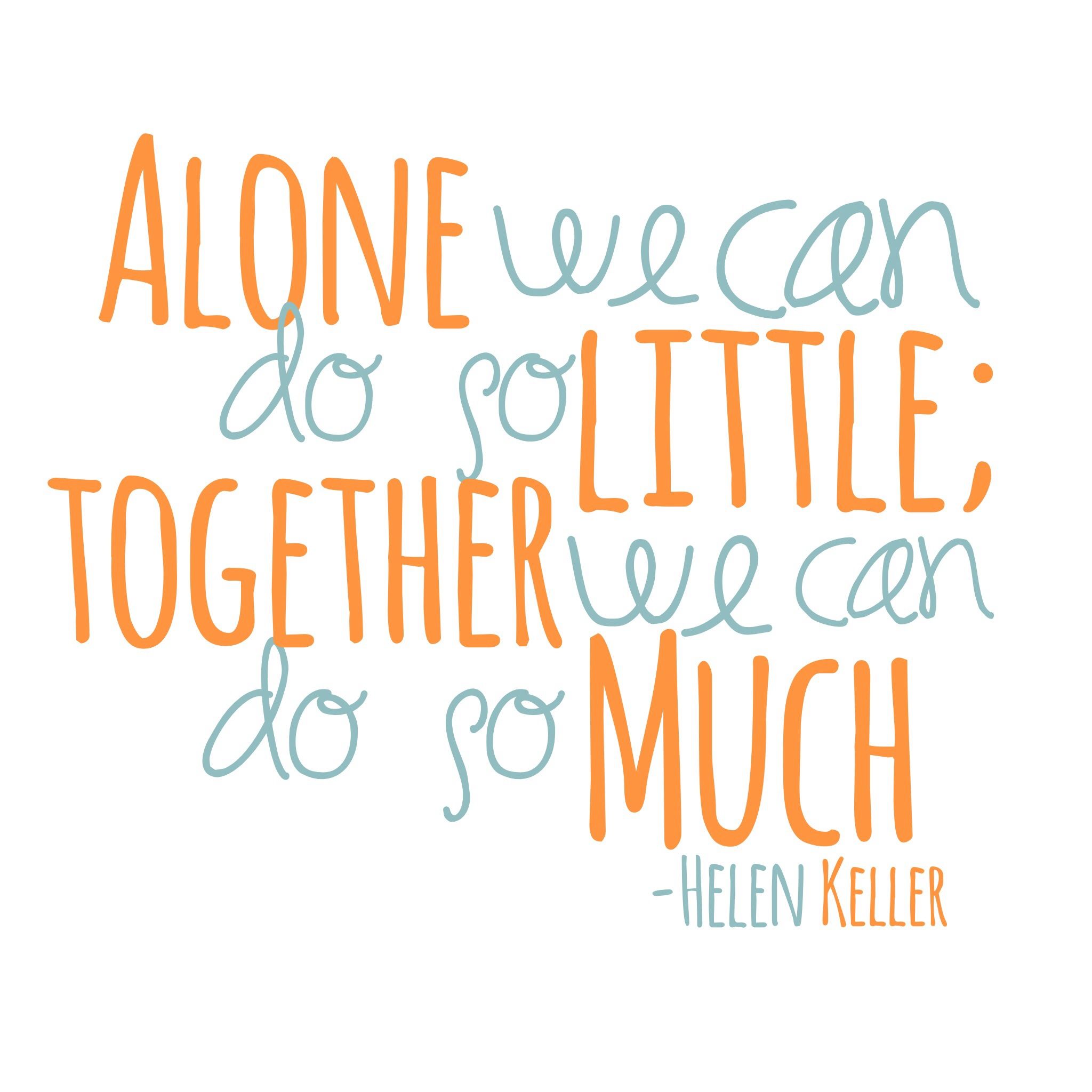Why You Should Consider Collaborating Instead of Going Solo in Your Social Enterprise
When I embarked on the journey of founding The Raw Carrot, I did so alongside a close friend who shared my vision of creating supported employment opportunities for individuals facing barriers to traditional employment. Having a co-founder by my side proved invaluable. It was reassuring to have someone equally enthusiastic about making a positive impact on the world, someone who understood the rollercoaster ride that is starting a venture, and someone with whom I could navigate the inevitable challenges and hurdles.
What I didn’t fully appreciate at the outset was just how well our skill sets complemented each other. While we were, and still are(!), great friends, our approaches to business were quite different. I’m a big-picture thinker, a shiny-ball chaser, eager to say yes to grand initiatives and make rapid changes on the fly. I’m the type who’s constantly thinking ten steps ahead, less concerned with the nitty-gritty details of execution, and harboring dreams of global expansion (okay, maybe just expanding throughout all of Canada and the States, for now 😊). My co-founder, on the other hand, was the practical, operations, and finance-oriented half of the equation. She delved into budgets, data analysis, and quality control – the essential elements of running a food-based social enterprise.
Reflecting on the past nine years, I’m immensely thankful for the perspectives of both vision and execution. I know that I could never have achieved this level of success on my own.
If you find yourself in the role of the visionary, attempting to navigate the social enterprise landscape solo, here are a few compelling reasons to consider bringing in an operations co-director or colleague who can stand shoulder-to-shoulder with you:
- Tactical Expertise: They possess the tactical skills necessary to organize the practical aspects of your organization.
- Balanced Pace: They’ll serve as a valuable counterbalance, slowing down your rapid pursuit of new ventures, ensuring a measured approach.
- Realistic Perspective: They’ll inject your big-picture thinking with a healthy dose of realism, backing ideas with data, numbers, budgets, and forecasts.
- Critical Thinking: They excel at critical thinking and problem-solving, providing valuable insights when challenges arise.
- Detail-Oriented: They typically excel in the realm of policies and procedures, ensuring that the finer points are handled effectively.
Ultimately, the key takeaway is to recognize your strengths and weaknesses. Rather than attempting to transform yourself into something you’re not, it’s often easier and more effective to find a collaborator whose strengths complement your own.

